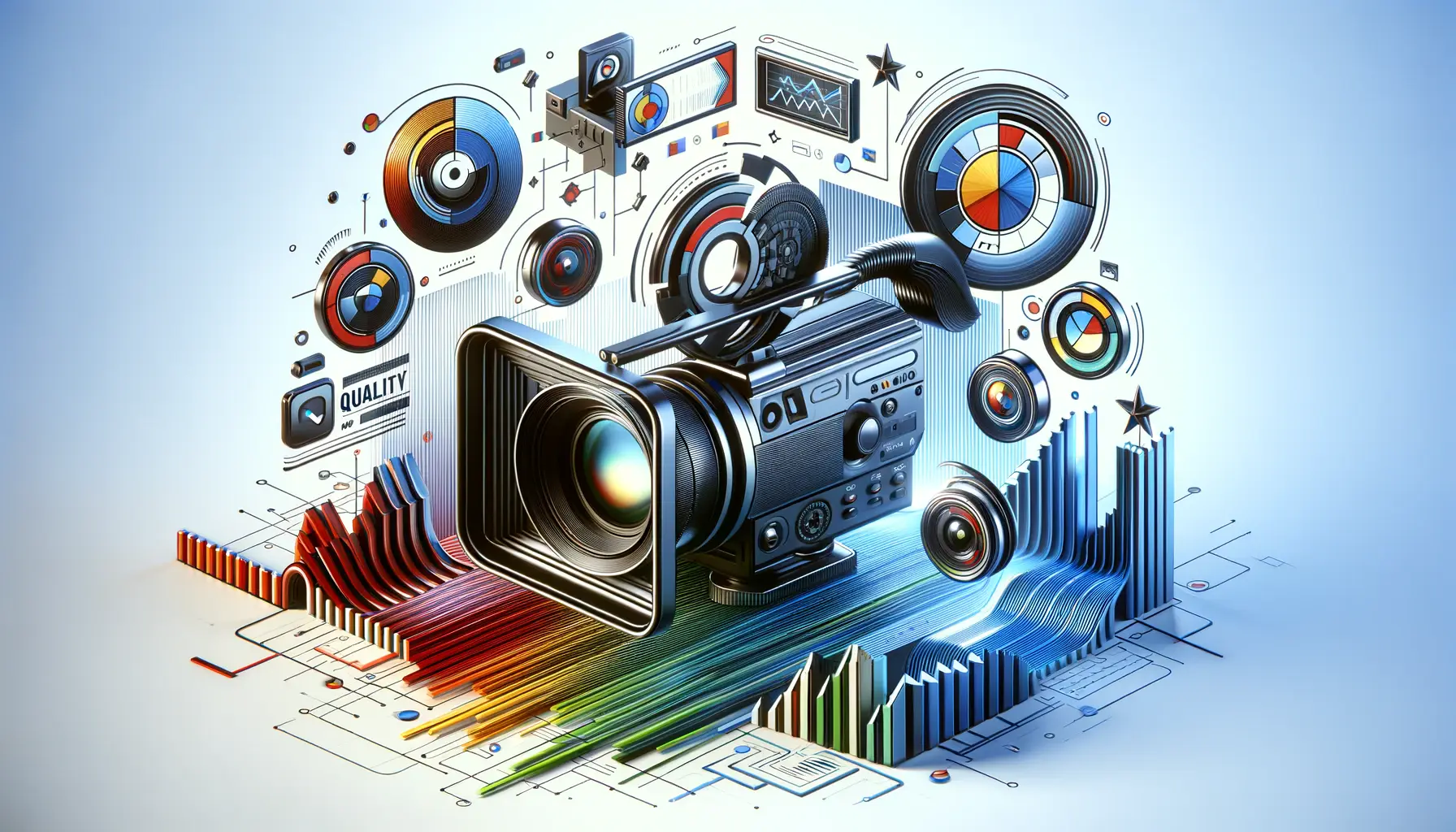The rise of AI-generated video technology has ushered in a new era of content creation, offering tools that can transform simple text prompts into vivid, dynamic videos. These advancements promise to revolutionize the way we produce and consume digital media, yet they also pose significant challenges and potential for misuse. Here, we explore the capabilities, applications, and ethical considerations of AI-generated video technology.
Key Highlights:
- AI video generators can create realistic videos from text prompts, offering a powerful tool for content creators.
- Platforms like Runway, Pika Labs, Genmo, and Meta’s Make-A-Video and Emu Video are leading the way with innovative features.
- These technologies raise concerns about authenticity, misinformation, and the need for responsible use.

The Frontiers of AI-Generated Video
AI-generated video technology has evolved rapidly, with platforms like Runway, Pika Labs, Genmo, and Meta’s Make-A-Video and Emu Video at the forefront of this innovation. Runway stands out for its ability to render realistic videos and offers a suite of AI tools for both image and video generation and editing. It caters especially to content creators looking for high-quality text-to-video generation.
Pika Labs, emerging as a strong contender, operates uniquely through Discord and specializes in converting text or images into animated visuals with a high degree of customization. Despite its current 3-second video generation limit, it offers a free platform with potential for extended use.
Genmo has introduced remarkable advancements by allowing users to create videos from still images and text prompts. It emphasizes user-friendly interfaces and real-time previews, making video generation more accessible to a broader audience.
Meta’s Make-A-Video and Emu Video take a different approach by leveraging advanced AI research to turn text prompts into high-quality video clips. Emu Video, in particular, utilizes a simplified model architecture that generates videos with enhanced resolution and frame rates, setting new standards in video fidelity and text prompt faithfulness.
Applications and Implications
The applications of AI-generated video technology are vast, ranging from content creation, education, and marketing to entertainment. It democratizes video production, allowing individuals and businesses to create engaging content without the need for expensive equipment or professional skills. For instance, Canva offers an AI video generator that enables users to create videos with AI avatars, enriching digital communications with human-like elements.
However, the technology’s potential for creating deepfakes and spreading misinformation highlights the urgent need for ethical guidelines and regulatory measures. The ability to generate realistic videos could be exploited to create false narratives, thus raising concerns about the impact on public opinion, privacy, and security.
The Road Ahead
As AI-generated video technology continues to evolve, so does the need for responsible innovation and usage. Platforms are expected to implement safeguards that prevent misuse while promoting creativity and freedom of expression. Moreover, public awareness and digital literacy campaigns can empower users to critically evaluate AI-generated content.
In conclusion
AI-generated video technology offers exciting possibilities for creative expression and communication. However, its responsible use is crucial to harness its benefits while mitigating risks. As we stand on the cusp of this new digital frontier, the collective effort of developers, users, and regulators will determine the direction of its impact on society.


















